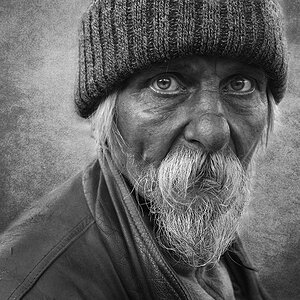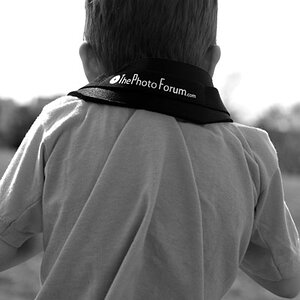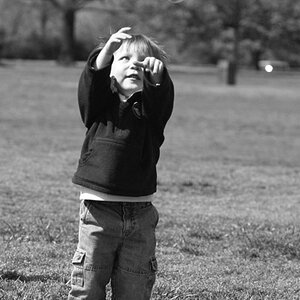rob91
TPF Noob!
- Joined
- Nov 3, 2007
- Messages
- 708
- Reaction score
- 0
- Can others edit my Photos
- Photos NOT OK to edit
Ok, I've read through some of the photographers rights and have one question. What about shopping centers/malls? I'm referring to the outside, the parking lots, sidewalks...these areas (I'm assuming) are generally owned by someone, thus private, but is there any loophole? Sidewalks are usually public so maybe shooting from there is ok?
The other day I was photographing the outside of a Macy's (located in a mall) and the "building manager" told me to leave. It seemed legit because I guess someone owns the property (sidewalk, parking lot, parking deck) so it is private...argh! Anyways, I drove around for a bit and came back, then drove up to the parking deck to snap from there. hehe.
The other day I was photographing the outside of a Macy's (located in a mall) and the "building manager" told me to leave. It seemed legit because I guess someone owns the property (sidewalk, parking lot, parking deck) so it is private...argh! Anyways, I drove around for a bit and came back, then drove up to the parking deck to snap from there. hehe.



![[No title]](/data/xfmg/thumbnail/37/37623-b930ccd802f79b9c9cea990a7a5e5462.jpg?1619738153)

![[No title]](/data/xfmg/thumbnail/39/39533-c2c39d37e833a4689533c897ace8c348.jpg?1619739073)

![[No title]](/data/xfmg/thumbnail/32/32706-50b778fbc110c8ea4472547d54c6a923.jpg?1619735610)



![[No title]](/data/xfmg/thumbnail/32/32707-3c49d54a87afb53e65c60391858400be.jpg?1619735611)
![[No title]](/data/xfmg/thumbnail/42/42350-49b17d39599ec1d51c6d801ea651d3af.jpg?1619740148)
